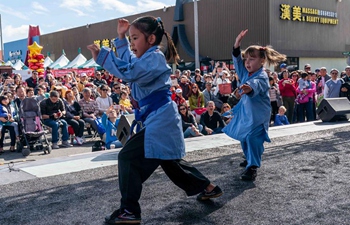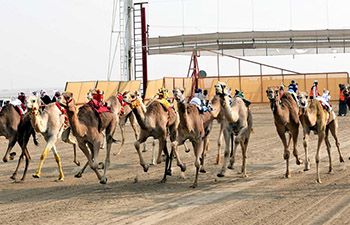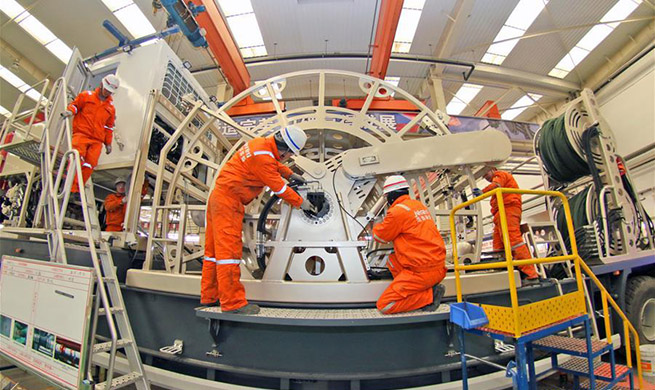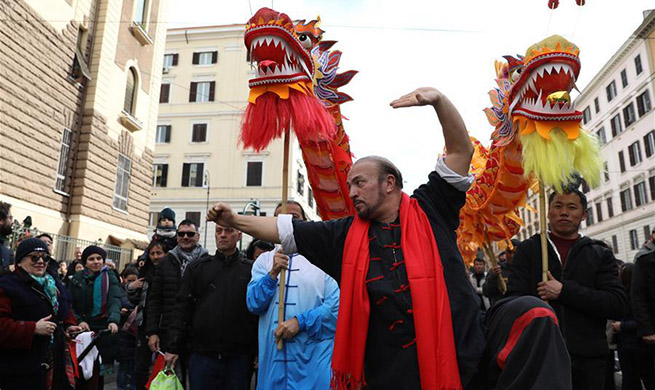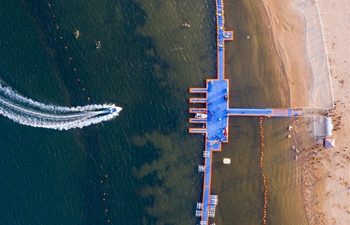UNITED NATIONS, Feb. 11 (Xinhua) -- The representation of major troops-contributing countries (TCCs) at leadership and at senior levels, both in the field and at headquarters, must be increased to a level that is commensurate with their participation, a Pakistani envoy said on Monday.
That would help to ensure a more field-based perspective to decision-making, Maleeha Lodhi, Permanent Representative of Pakistan to the United Nations, said at the Special Committee on Peacekeeping Operations.
Deployment decisions have to be based on consultation, preparation and knowledge of the ground situation, Lodhi said, adding that "with practical on-ground and in mission experience, TCCs must be consulted in a timely manner, and their suggestions taken."
"We also need to put in place fair, realistic and permanent mechanisms for review of troop cost" and contingent-owned equipment reimbursements, and ensure timely reimbursements to TCCs, she said. "Delayed payments is a stop-gap arrangement, not a solution."
With the recent decisions of troop reduction and mission drawdowns, there is a need to evaluate the pledges made by TCCs, she said, adding that it must be borne in mind that maintaining equipment and troops in readiness for the UN is an expensive enterprise for TCCs, especially when faced with the reality of mandate revisions and resource cuts.
While safety and security of peacekeepers is the responsibility of the host state, it should not become a pretext or excuse to limit, in any way, their freedom of movement, nor should it be translated into restrictions that would impinge upon mandate implementation, the Pakistani diplomat said.






